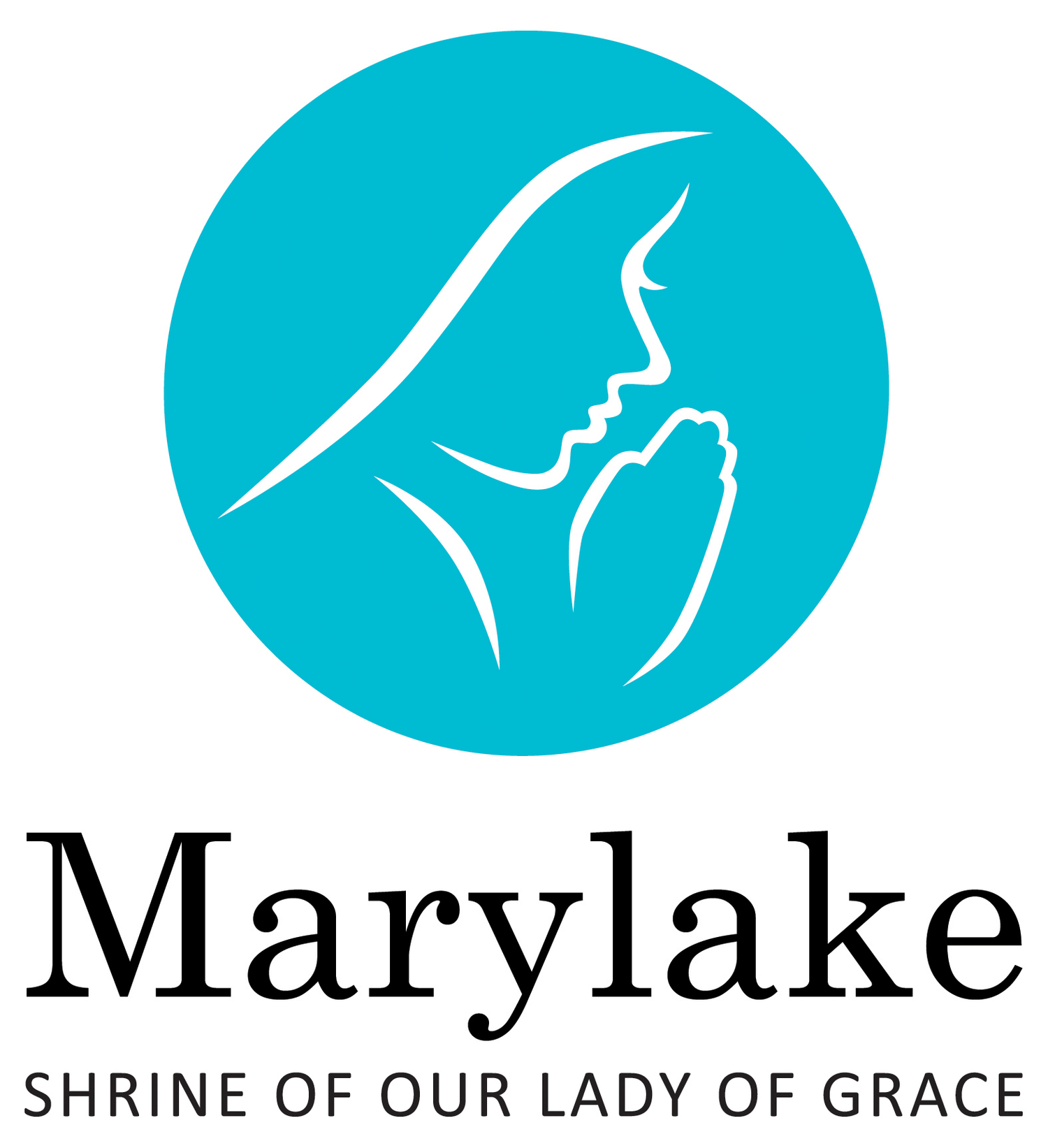Immaculee Ilibagiza talks about her Experience - at Marylake Shrine of Our Lady of Grace
Sept 28, 2012 - 7:00 pm to 9:00 pm, Sept 29, 2012 - 11:30 am to 1:30 pm
Over the two days she spoke to a spellbound audience of more than 500 on the theme of “Faith, Hope and Forgiveness”. She survived the evil of government sanctioned horror as one tribe, the Hutus, tried to systematically wipe out the other, the Tutsis. However, Immaculee's encouraging and faith-filled message is of hope, love and forgiveness. She recounted how prayer, reading the Bible, talking to God and reciting the Rosary helped save and give her life a new meaning. There was heartfelt, empathetic silence in the listeners present in the Church, but there were also moments of laughter and even tears.
Here is a brief summary of Immaculee's tragic story. She grew up in a Catholic family. They were Tutsis, one of the two main tribes in Rwanda, the other being the Hutus. When the war broke out between these two groups in 1994, the Hutus set out to eliminate the Tutsis through a diabolical media campaign and the army. The genocide began in April 1994 and lasted for 3 months, but by that time nearly 1,000,000 Tutsis had been slaughtered, in their homes, in churches, in stadiums and the countryside. Rwanda had become a killing field. Death, destruction and blood were everywhere and the evil had touched every family in the nation. The main reason: Tutsis who had been the favoured tribe of the former Belgian colonizers had to be exterminated.
How did Immaculee emerge alive from this culture of death? She was sent by her father with only a rosary in her hand to stay in the house of a neighbour and friend, a Hutu protestant minister. He hid Immaculee and another seven women in a small washroom in his house. There they remained and after 91 days managed to come out alive. She says that it was a miracle that the killers did not find her hiding place. The tiny washroom was hidden from the killers because the Hutu pastor had put a wardrobe in front of the door. When she came out, she weighed a mere 65 lbs, but the genocide finally stopped, she came to the sad realization that her family, her parents and her two brothers had all been killed. Only one brother who was out of the country studying in Senegal survived. During the ordeal, she had lost almost half her body weight, but not her will to live and to forgive.
She told us that she came to understand, in that crowded washroom, the heart of the truths of our faith: the value of prayer, reciting the Rosary and the importance of love and forgiveness. This happened even to point of when it makes no sense. Here she told everyone to think of the words in the Our Father: "Forgive us our trespasses as we forgive those who trespass against us." And added the words of St. Luke when Jesus on the cross said to those who killed him, "Father, forgive them, for they know not what they do." What do you do when you have lost most of your family and friends? What do you do when you have every reason to hate, to want revenge and to lose all hope that life is worth living? How do you treat the people who murdered your family, friends and destroyed the life you had? She turned to God and to her faith. It was prayer, especially the rosary, that sustained her life during those dark days of hunger, death, suffering and despair.
In her talk, she made it clear that you never expect that this kind of tragedy will happen to you or in your country. How does it happen? Her answer was not to try to explain Rwandan history and politics. Instead, she said that these horrors can take over a nation when it loses sight of God. The people of Rwanda had been warned by Our Lady of Kibeho. These Marian apparitions to several young girls took place in 1981 in Kibeho, 80 km from her village. Here Mary gave a number of ominous warnings, including a vision of the country taken over by violence and hatred. "But sadly," Immaculee told us, "we did not listen and the resulting genocide was the cost of embracing evil and rejecting God". Thus far the Kibeho apparitions are the only officially recognized events in Africa by the Catholic Church.
Find out what Immaculee is doing these days.

